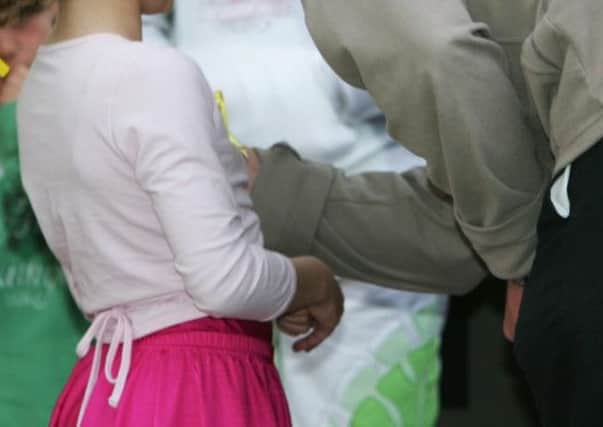Every parent can benefit from extra support


At one of our services in Glasgow we are working with a nine-year-old girl named Lucy who displays destructive and challenging behaviour. Her mum, Caroline, has mental health issues and five young children to look after. When she first came to Action for Children Scotland for help she honestly believed that nothing would work. She was exhausted and felt that she was failing as a parent.
We encouraged Caroline to talk to her daughter about ground rules and developing a behaviour chart. Lucy responded well to this because she was asked for her input; it wasn’t forced on her. Lucy is set weekly targets on the behaviour chart, and she is allowed a treat when she meets them. This isn’t big or expensive – it could be as simple as having a friend round to visit – but it gives her something to aim for. There have been setbacks, of course, but Lucy’s behaviour is improving and this has been life changing for the family. Caroline doesn’t feel powerless when faced with challenging behaviour and relatives now offer to help look after the children, something they wouldn’t and couldn’t do previously. This gives Caroline some time to herself, which has had a positive impact on her mental health and makes family life much more enjoyable.
Advertisement
Hide AdAdvertisement
Hide AdLast month Professor John Ashton, President of the UK Faculty of Public Health, sparked a debate when he said that all parents should be offered free classes on how to bring up their children. I heard many people say in response that being a parent is second nature and “you just pick it up as you go along” But Caroline’s case just goes to show that sometimes a bit of help can make a huge difference.
I don’t think parenting classes should be compulsory but I do believe they should be readily available and easily accessible to those who want some extra help. Charities such as Action for Children Scotland are often more trusted by parents than social services, and are well-placed to deliver parenting classes. We also have an important role to play in removing the stigma attached to asking for help. I am very clear that this is not about telling parents that they are not doing a good enough job. We work with mums and dads who are doing brilliantly in very difficult circumstances – coping with health issues, juggling family and work, and stretching low incomes. It’s about equipping parents with the tools, techniques and self-confidence to raise happy, healthy and successful adults.
I know that parenting is a tough and important job. It is arguably the most important job in society, yet we expect people to become good parents without any support.
This is logic that we just wouldn’t apply to any other area of life.
This isn’t just about new mums and dads learning to care for their babies. Parents must keep learning throughout their child’s lives to be able to deal with evolving challenges. Take, for example, the leaps and bounds we have seen in technology in recent years. Young people today are incredibly tech-savvy; my eight-year-old nephew regularly “FaceTimes” me, and expects me to be readily available even when I am at work! Parents today might not be interested in Facebook, Snapchat and YouTube, but they need to be able to understand this world – because their children do. A recent survey by Action for Children Scotland found that more than half of children questioned have not spoken to anyone after seeing something online that made them feel uncomfortable, with 17 per cent saying this was because they were worried about getting into trouble.
We would encourage parents to spend quality time having fun with their children and talking to them about their day online, as they would their day at school. Building and maintaining strong relationships from an early age will stand families in good stead when problems do arise.
In years gone by most new parents had their own interfering mums and aunties living just around the corner, ready to help and more than willing to share advice. Our changing society means that families today don’t always live in close proximity, and that system of tips and knowledge being passed down through generations has been lost to an extent.
To bridge that gap, and ensure we raise future generations of happy, healthy and successful adults, I believe that parenting advice must be made available in friendly, relaxed and non-judgemental environments.
Advertisement
Hide AdAdvertisement
Hide AdAnd more importantly, our society must accept that it is OK – in fact it is brave and right – to ask for help when it is needed.
• Carol Iddon is director of children’s services at Action for Children Scotland, www.actionforchildren.org.uk
SEE ALSO